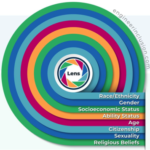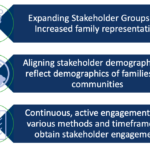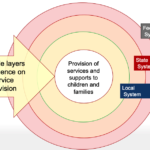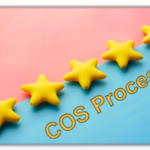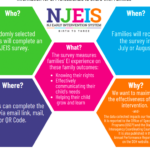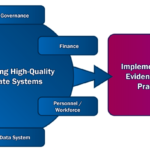Today’s early childhood system has many positive and meaningful supports for children and their families. However, outcomes for children are disparate. Equitable access, appropriate supports, and full inclusion are not available to all children. This disparity is especially true for racially, culturally, and linguistically diverse children and families. In this session, participants examined history and data to explore how bias and ableism have impacted the early childhood system, specifically in relation to intersectionality, the perception of “quality” in programs, and inclusive services for all children.



